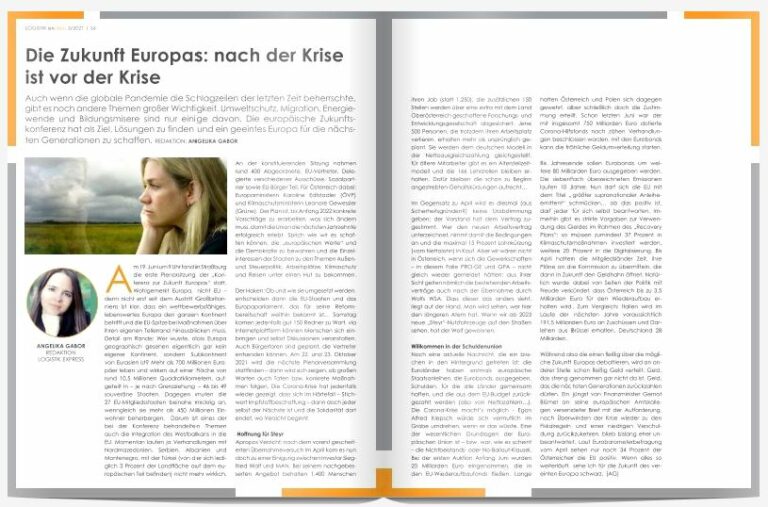Airbus supports renewable jet fuel processing plant in Brazil
Airbus, together with TAM Airlines and a group of specialist companies are working to establish a bio-kerosene jet-fuel processing plant in Brazil, aiming to gradually substitute fossil fuel in aviation with biofuel. A major milestone was accomplished on November 22nd when TAM Airlines and Airbus performed the first Jatropha-based biofuel flight in Latin America, using an Airbus A320 aircraft. The group of companies is led by Curcas, which specialises in Brazilian renewable energy project development, and the Brazilian biofuel producer, Brasil Ecodiesel. In parallel, Airbus and AirBP – the jet fuel distribution unit of BP – are providing their support to the project. "Airbus is bringing together farmers, oil-refiners and airlines to spearhead the commercialisation of sustainable biofuel production in Brazil and worldwide," says Paul Nash, Airbus head of New Energies. "As well as analysing the suitability of potential biofuels for aviation, Airbus is also supporting life-cycle and sustainability projects to ensure that any CO2 emissions-reducing solutions have a positive ‘social‘ impact and do not compete with local resources including land, food or water." The initiative, which began in 2009, involved TAM acquiring sufficient jatropha-based oil to conduct the A320 demonstration flight. The jatropha grains, produced by farmers throughout agricultural areas in Brazil, were refined through an oil extraction process and exported to the US, where it was processed into bio-kerosene by UOP (a Honeywell Company) to make a 50:50 blend with regular aviation kerosene. Curcas‘ CEO Rafael Abud said: "We are working on an integrated collaborative approach by putting together strong partners from the aviation and the biofuels segments with the purpose of developing a fully integrated value-chain in Brazil, from plant sciences and feedstock development to the distribution of the fuel at the airports". He added that, in this initial phase, studies would be conducted to verify the sustainability and economic viability of producing bio-kerosene.
Quelle: eyefortransport |


